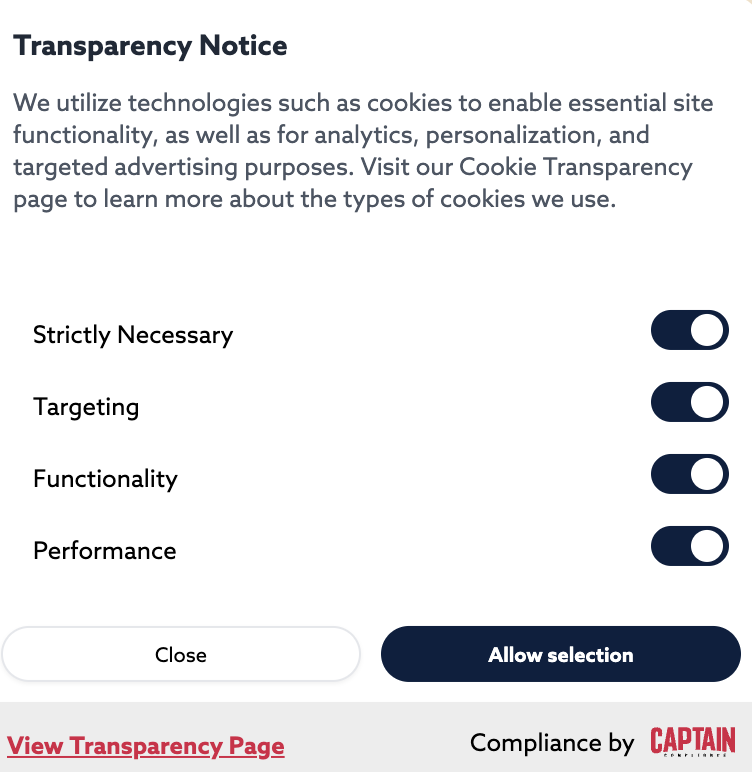It’s important to protect your company and a great defense comes with transparency and compliance. This entails organizing a list of requirements that your company may have to adhere to. This often entails looking at where you are doing business, what information or data you are collecting and how you notify and gain consent from your clients. As a top attorney from Greenspoon Marder in Florida says:
A great help in protecting your company is also having the correct Terms of Service, Privacy Notice, and Privacy Policy on your website. In fact, putting the arbitration clause, mediation requirement, and correct class waiver in the correct places will assist in knocking out class actions and resolving these issues quickly.
Industry Stakeholders That Have Websites and Online Lead Generation Forms, the shake-down Plaintiff lawyers are busy filing their “Cookie and Data Tracker” Claims and Lawsuits. Thanks to diligent lawyers who send out prior reminders on this and present on how to use the “pop up notifications”.
Below is a helpful reminder as Fintechs and Insurance Sellers are being targeted. During the past year, there have been professional plaintiffs suing companies based on wiretapping statutes (and the California Invasion of Privacy Act) where the websites don’t allow cookies to be rejected prior to placing them on browsers and sharing with Meta/Facebook, etc. The cookie banner should:
a. Be presented to new consumers upon visiting the website.
b. Ask for consent from the consumer to use tracking cookies.
c. Provide an option for the consumer to opt out of tracking cookies.
d. Require consent from the consumer to use tracking cookies before deploying tracking cookies for a consumer.
e. Have a consent string embedded in the code that tracks the consumer’s consent and stores it locally.
The consent cannot be passive, meaning the consumer can close the banner and still be tracked without consent. The cookie policy should pop up on any page on which the consumer lands for the first time. It does not need to continuously pop up on each page after the consumer clicks to accept, reject, or modify. There are a number of ways to draft the pop-up, but the following is an example. These will vary by company and tracking type, so please review them with a privacy attorney prior to use:
A great help in protecting your company is also having the correct Terms and Privacy Policy on the website. In fact, putting the arbitration clause, mediation requirement, and correct class waiver in the correct places will assist in knocking out class actions and resolving these issues quickly.

So protect yourself with the help of Captain Compliance and we have a team of experts we can help with your data privacy and compliance issues.